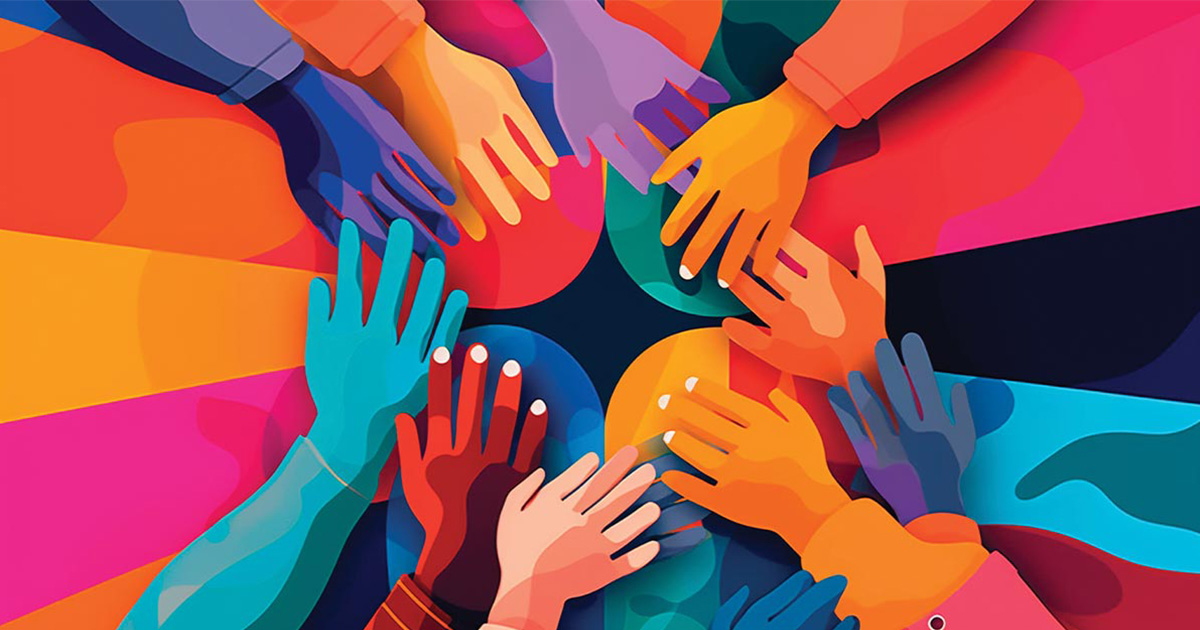As the world changes and we become more aware of the various identities who face exclusion and discrimination in society, it’s important to keep inclusion at the forefront of our approach to travel.
Whether it’s making sure students feel safe and valued, or being aware and respectful of norms and etiquette in other cultures, it’s crucial to keep these values top of mind.
At the most recent SYTA Conference in Winnipeg, Manitoba, speaker Haran Vijayanathan held a seminar on traveling and teaching with inclusion. Here are just a few key highlights.
SETTING GROUP NORMS
In classroom discussions and travel alike, it’s important to set expectations for how the group will relate to each other. Some top suggestions include:
Treat one another with dignity and respect. Our many varying opinions and beliefs are valid and welcome, but we need to communicate respectfully and not aim to be right. You don’t have to like me or agree with me, but we have to be respectful to one another and find ways to work together.
Actively listen and be open-minded. Hear what folks are saying, rather than thinking about how you are going to come up with a rebuttal.
Embrace new learning. We are here to learn and grow together. There are no dumb questions, but students should phrase the question in a way that fosters learning and not harming others.
PRE-TRIP DISCUSSIONS
Before you even head out, when you’re having discussions about trip behavior, make sure to touch on the topic of inclusion. Explain how the sites you’re going to see hold a place in history—who was a part of those moments and who was excluded or erased. Talk about treating other cultures with both curiosity and respect. Encourage students to break out of their usual pods and include new people, and do this repeatedly throughout the trip!
THE LETTERS
When it comes to sexual orientation and gender, you’ll often see the acronym LGBTQ+, or the full acronym is LGBTIQA2S+. For those who don’t know, that stands for: Lesbian, Gay, Bisexual, Transgender, Intersex, Queer, Asexual or Ally, Two Spirit, and other identities.
DANGERS OF EXCLUSION
With the rise of visibility for the LGBTQ+ community, there’s also been a backlash that’s manifested as physical violence, emotional abuse, psychological trauma and exclusionary legal measures.
Just last year, the Malaysian government cancelled an entire music festival after bandmates in The 1975 shared a same-sex kiss on stage. Moves like this clearly signal that certain populations aren’t welcome, which should matter to educators as you’re nearly guaranteed to have students in the LGBTQ+ community (whether you know it or not).
Countries and cultures are bound to have different values and that should be respected, just not when it comes at the cost of your students’ safety and humanity. You want to journey somewhere that will welcome your entire group with an open mind and heart, just as much as you’re all there to respectfully experience their culture. Remember that just because the government is implementing draconian laws doesn’t mean that the people of the country agree with it.
When considering travel, make sure inclusion is part of your research. For instance, the LGBTQ+ Travel Safety Index provides information on which countries are the safest (and least) to travel.
This story originally appeared in the March 2024 issue of Teach & Travel.




